Main Navigation Menu
© 2025 Tech Jacks Soutions, All Rights Reserved
© 2025 Tech Jacks Soutions, All Rights Reserved

Costco Xbox removal problems signal the retail industry’s rejection of Microsoft’s pricing strategy as America’s third-largest retailer completely eliminates Xbox consoles, games, and accessories from both physical stores and online platforms. Ahead of the 2025 holiday season, Costco stores have been removing all Xbox consoles, gift cards and products from their shelves across the US.
This comes directly after Microsoft’s recent announcement that it would be raising prices on the Xbox Series consoles in response to “changes in the macroeconomic environment”.
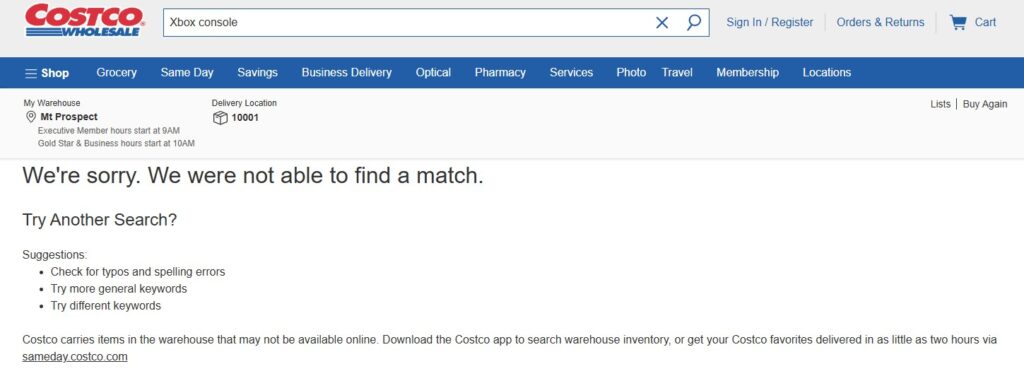
Typing “Xbox” into the search bar on Costco’s website will now yield absolutely zero results. The Costco Xbox removal problems represent unprecedented retail rejection where an entire gaming platform becomes commercially unviable at major wholesale distribution channels. If you try to search for Xbox on Costco’s website, you’ll be greeted with a message saying nothing was found. Interestingly, the retail giant still sells PlayStation and Nintendo games and devices as well as VR-related gear.
Users on Reddit have even claimed that there have been no Xbox products at their local locations “for a very long time”, and that “They only had Switches and PlayStations at my Costco seems like forever.” One user even claims their local Costco’s manager said “they were just told ‘Pull all Xbox stuff off the shelves immediately'” and that “they have no idea if anything [Xbox related] will be returned to shelves” anytime soon.
The immediate shelf removal demonstrates corporate decision-making where Xbox products become liability rather than asset. Costco Xbox removal problems reflect systematic business calculation that Xbox consoles no longer generate sufficient profit margins or customer demand to justify valuable retail floor space.
The wholesale elimination creates gaming retail precedent where platform exclusion becomes standard business practice. When America’s largest membership warehouse removes entire gaming ecosystems, the decision influences industry-wide retail strategies and consumer purchasing patterns.
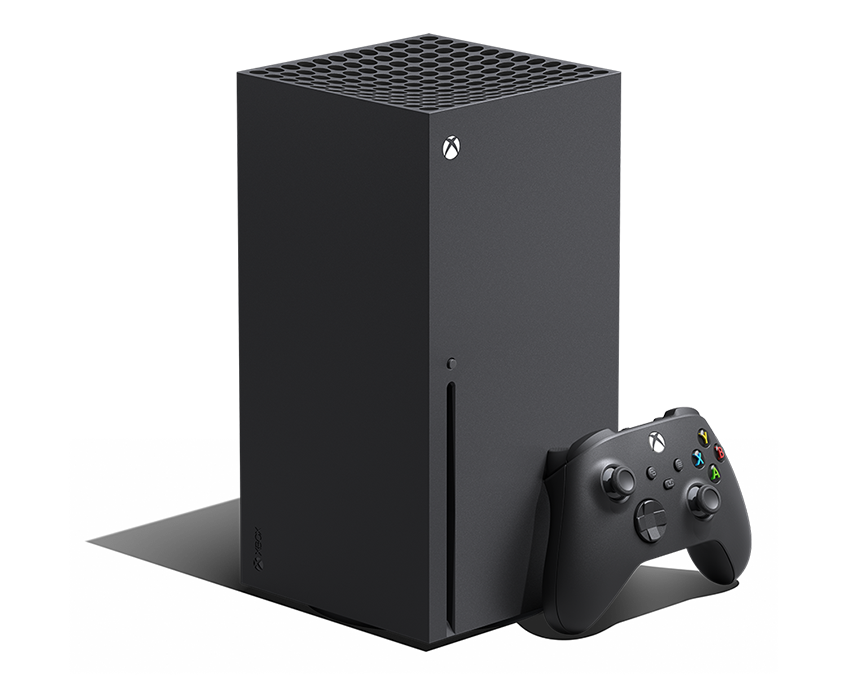
Despite the Series X coming out for $500 at launch in 2020, the console currently runs for $600 as of late September. The Costco Xbox removal problems highlight a fundamental contradiction between premium pricing and wholesale business models that prioritize high-volume, low-margin sales strategies.
On September 10, 2025, Microsoft announced a $50 price increase for both the Xbox Series X and Xbox Series S. This brings the manufacturer’s suggested retail price (MSRP) to $549.99 for the Series X and $299.99 for the Series S. Note that this report contains incorrect pricing information, as current Xbox Series X pricing reaches $650 following Microsoft’s second 2025 price increase.
Consumers can buy in bulk at discounted prices at Costco because of its fairly customer-forward policy for pricing on its wholesale products. For gamers, buying gift cards at Costco has always been a steal, because they often offer bulk gift cards that go for a cheaper price. The Costco Xbox removal problems eliminate traditional gaming value proposition where bulk purchasing enabled consumer savings.
The price-volume relationship shows how Xbox’s premium positioning conflicts with Costco’s fundamental business model. Wholesale retailers require high-turnover inventory that generates consistent customer traffic, not luxury electronics that sit on shelves while accumulating carrying costs.
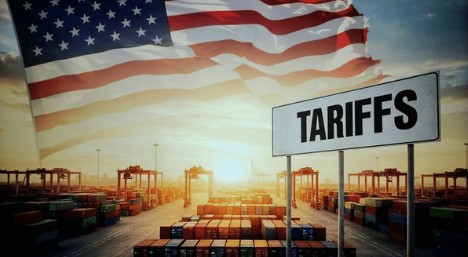
This is almost certainly due to the US’s aggressive tariff policies, which have strained companies like Microsoft that outsource their product creation to other countries. The issues with Costco’s removal of Xbox highlight how tariff justifications enable systematic price hikes that boost corporate profits while hurting consumer access and retail relationships.
Neither Costco nor Microsoft has issued an official statement about the cuts, but it’s likely a mix of higher costs for Xbox products, decreased sales, and competition. Although tariff-related price hikes don’t help, they wouldn’t be a major problem if people were still buying the systems rapidly.
The economic policy explanation hides strategic choices where Microsoft prioritizes shareholder returns over market competitiveness. Costco’s Xbox removal issues show how corporate exploitation of financial conditions can cause downstream effects that harm entire distribution channels and customer relationships.
Microsoft’s response to tariffs differs from its competitors, with Sony and Nintendo maintaining more stable pricing relationships with major retailers. This contrast indicates that Xbox pricing decisions are driven by corporate choices rather than economic forces.
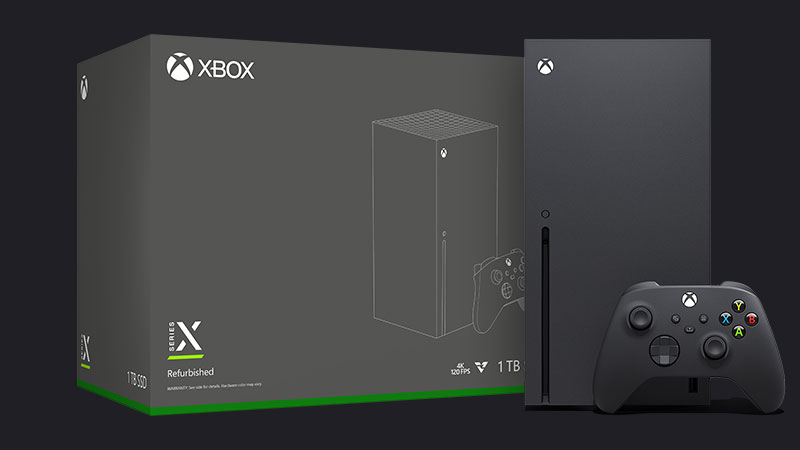
Recent reports show that Xbox sales have lagged behind PlayStation 5 sales for several consecutive quarters. A main reason for this gap is supply chain problems, along with strong exclusive titles offered by Sony. The removal of Xbox from Costco worsens existing sales issues by cutting off major retail channels during key holiday shopping times. Costco specializes in moving products quickly in large volumes.
Since Xbox consoles were already slow sellers, a business analysis highlights a fundamental mismatch between Xbox’s market performance and Costco’s inventory needs, which favor fast-selling consumer goods. It’s possible that Xbox consoles and games just haven’t sold well at Costco over the years, leading the retailer to cut losses and move on. In 2024, some retailers reportedly were unsure if they would continue selling Xbox games because of poor sales. This history shows that Costco’s Xbox removal is the result of ongoing poor sales rather than a reaction to recent price hikes. Retailers are increasingly questioning Xbox’s viability as products fail to attract enough customer traffic or profit.
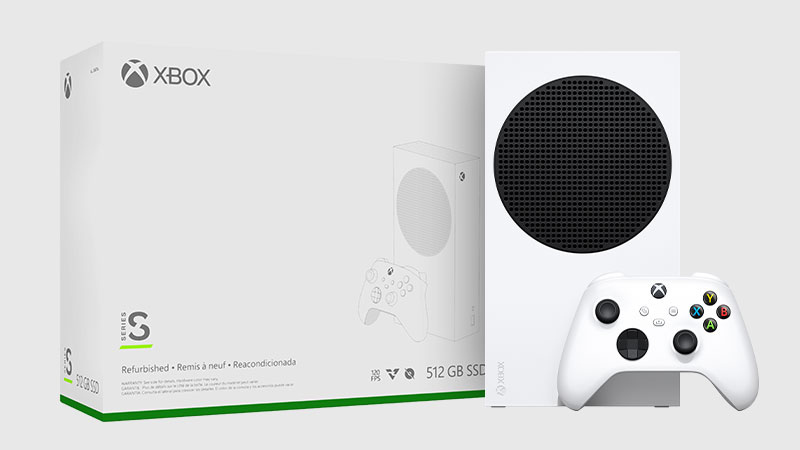
For example, they still sell a set of four Nintendo eShop gift cards, each worth $25, for $90. Buyers can effectively get $100 worth of games for $10 less simply by purchasing these gift cards at Costco. This type of bulk gift card deal was previously available for Xbox Game Pass as well, until now.
The gift card comparison shows how Costco’s removal of Xbox products reduces consumer value propositions that set wholesale shopping apart from traditional retail. Xbox’s pricing strategy, which doesn’t suit bulk purchase models, discourages membership warehouse shopping.
Costco typically focuses on fast-moving inventory. The company’s latest move suggests they are adjusting their stock to match consumer demand. The inventory management analysis points to a systematic business decision, where Xbox products fail to meet the sales velocity needed for success in warehouse retail.
Costco’s membership model relies on offering exclusive value through bulk buying and wholesale prices. When gaming hardware prices rise while demand drops, those products become liabilities that occupy

With Costco’s withdrawal, there’s a high likelihood that other retailers will follow suit, especially if Xbox console prices remain high. Experts estimate that around 60% of consumers might delay purchases unless prices drop significantly.
The issue caused by Costco removing Xbox products sets a precedent for wider retail retreat, threatening Xbox’s distribution network. The ripple effect shows how decisions by large retailers influence competitors’ strategies and consumer expectations. When big stores pull back from gaming platforms, smaller retailers face pressure to justify continuing Xbox support while dealing with similar margin and demand challenges. Currently, Xbox products are still available at other major retailers, and it’s uncertain if this signals a troubling trend.
Fans will need to find alternatives to Costco, as the fragmented distribution network pushes consumers toward less convenient buying options and reduces Xbox’s market reach. Industry analysis suggests a systematic reassessment of retail strategies, as Xbox’s value proposition increasingly fails to justify inventory investments and shelf space across multiple channels.

Whatever the reason, it’s a concerning outlook for Xbox’s 2025 holiday season, and only gamers will end up paying the price. The Costco Xbox removal problems occur during gaming industry’s most critical sales period when console purchases traditionally peak through gift-giving and promotional pricing.
The timing compounds Xbox’s competitive disadvantages by eliminating major retail presence during consumer decision-making periods. Holiday shoppers compare platform options at major retailers where Xbox absence creates default advantages for PlayStation and Nintendo products.
This move by Costco comes at a crucial time for Microsoft and the Xbox platform. The company is currently competing fiercely with Sony’s PlayStation 5, which has consistently outsold the Xbox in many markets. The competitive context demonstrates how Costco Xbox removal problems exacerbate existing market share challenges during peak purchasing periods.
The holiday retail landscape transformation suggests systematic Xbox marginalization where platform visibility decreases precisely when consumer attention and purchasing intent reach annual peaks.
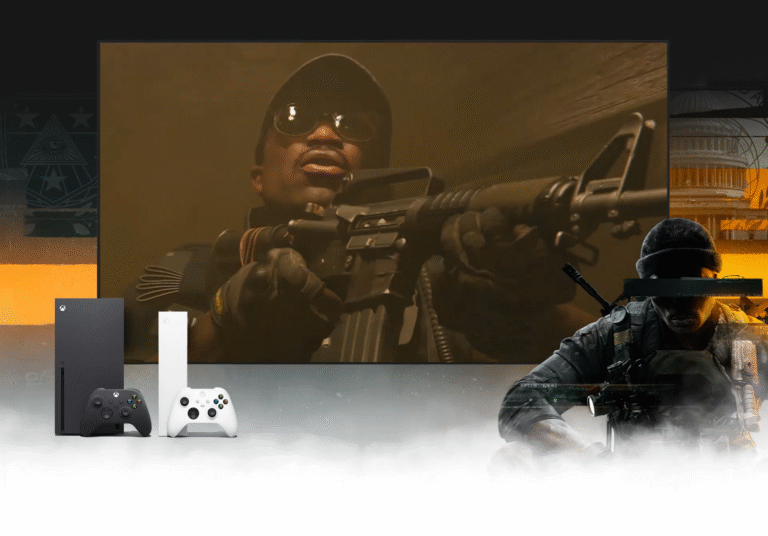
Costco’s removal of Xbox highlights the retail industry’s rejection of Microsoft’s aggressive pricing strategy, which favors corporate profits over consumer access and market competition. America’s third-largest retailer discontinuing Xbox products signals a major breakdown in business relationships that could threaten the platform’s future.
This complete removal illustrates how premium pricing conflicts with high-volume retail models that focus on fast inventory turnover and customer value. Xbox’s $650 console price does not align with Costco’s bulk purchasing approach, undermining the traditional gaming value that attracts warehouse club shoppers.
The justification based on tariffs conceals corporate decisions where Microsoft exploits economic policies to boost profits at the expense of retail ties and consumer access. Competitors maintaining stable prices show that tariff responses are driven by corporate choices, not unavoidable economic factors.
The sales slump leading to Costco’s Xbox removal reveals ongoing market demand failure, where Xbox products fail to generate enough customer traffic or profit margins. Weak sales before price hikes suggest systemic platform issues, not just pricing problems.
Timing during the holiday season compounds the issue—Xbox is absent during the peak shopping period when console purchases most often happen. This absence benefits PlayStation and Nintendo and reduces Xbox’s visibility during a critical sales window.
Microsoft’s silence about ending retail partnerships indicates an avoidance of accountability, which damages trust while harming distribution channels. Lack of communication protects corporate reputation temporarily but erodes consumer confidence and platform credibility.
There are risks that similar removals by other retailers could trigger broader abandonment of Xbox, putting its distribution and market access across channels at risk. This sets a precedent that could weaken Xbox’s retail infrastructure.
The decline in retail support promotes industry consolidation, reducing consumer choice and innovation. As Xbox declines, competitive pressure on Sony and Nintendo eases, shrinking the variety of gaming ecosystems.
Smart retailers should see Costco’s Xbox removal as a warning about the dangers of unsustainable hardware pricing that conflicts with wholesale business models. Gaming platforms prioritizing margins over partnerships risk destroying their distribution networks.
Microsoft’s pricing approach shows shortsightedness, sacrificing long-term market access for quick profits. This damages platform sustainability and benefits competitors during crucial sales periods.
Consumers deserve access to competitive gaming platforms prioritizing accessibility over shareholder profits. Costco’s Xbox issues highlight how corporate greed, masked as economic strategy, creates barriers that hinder gaming participation and platform diversity.
